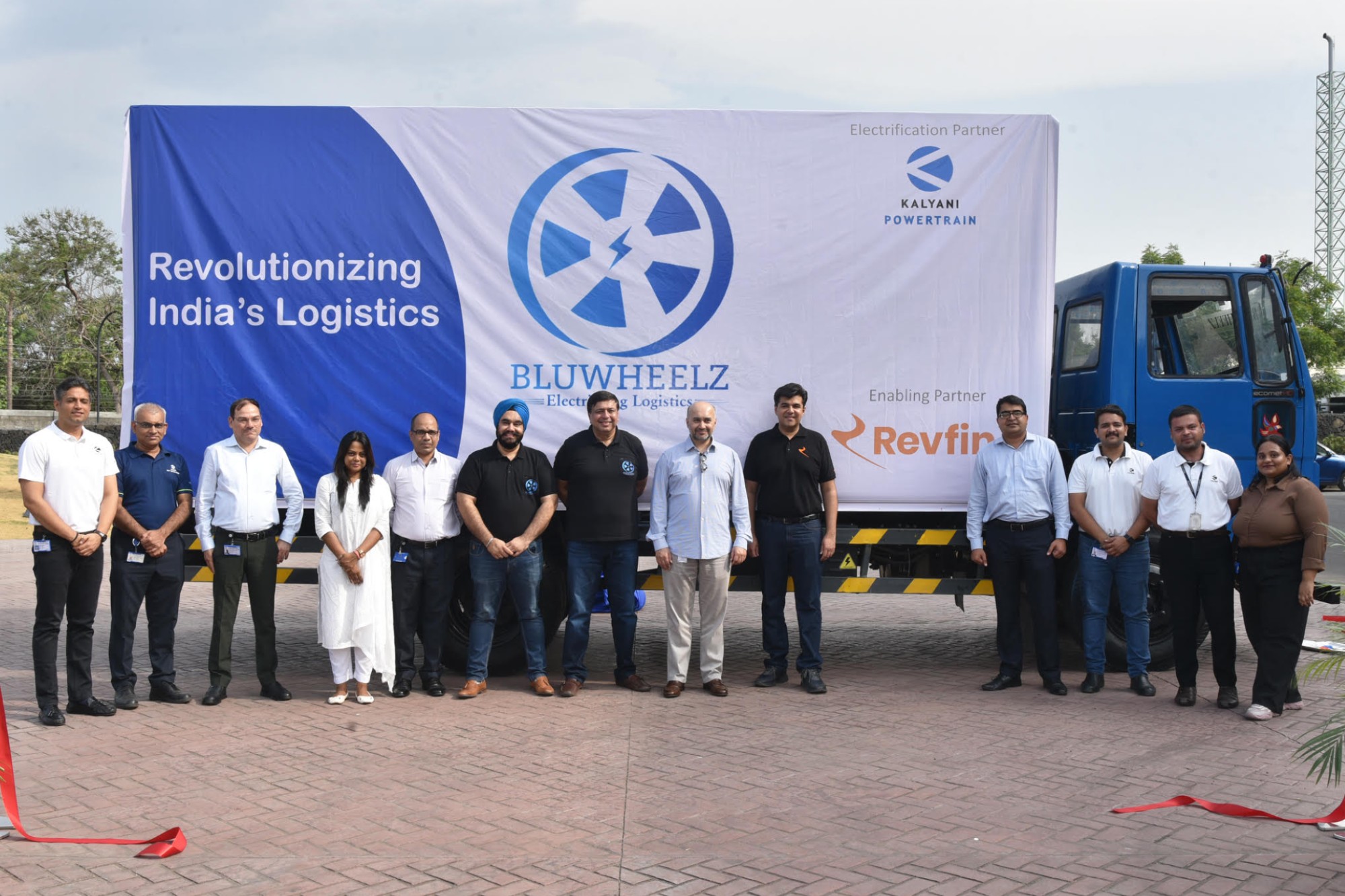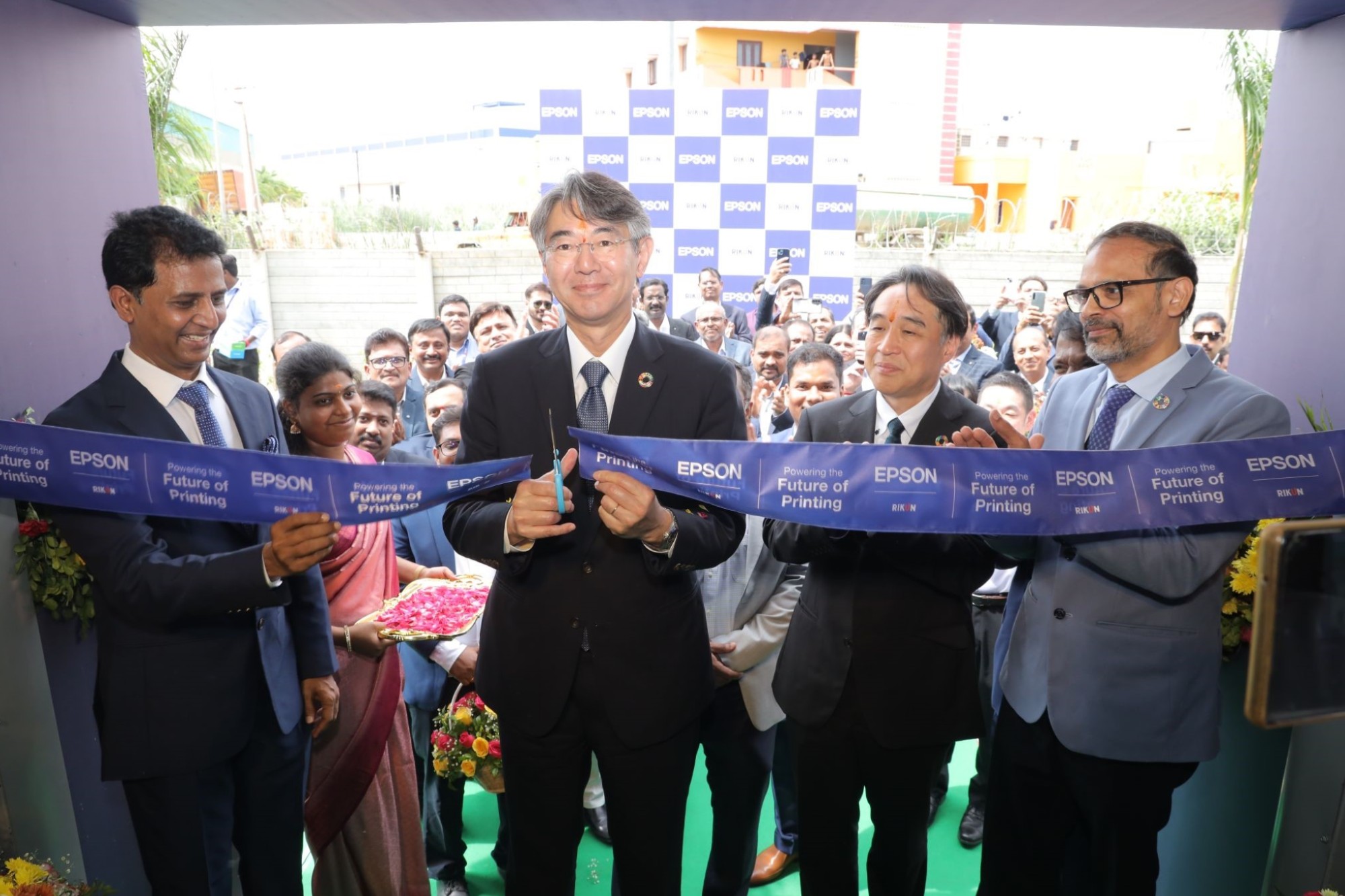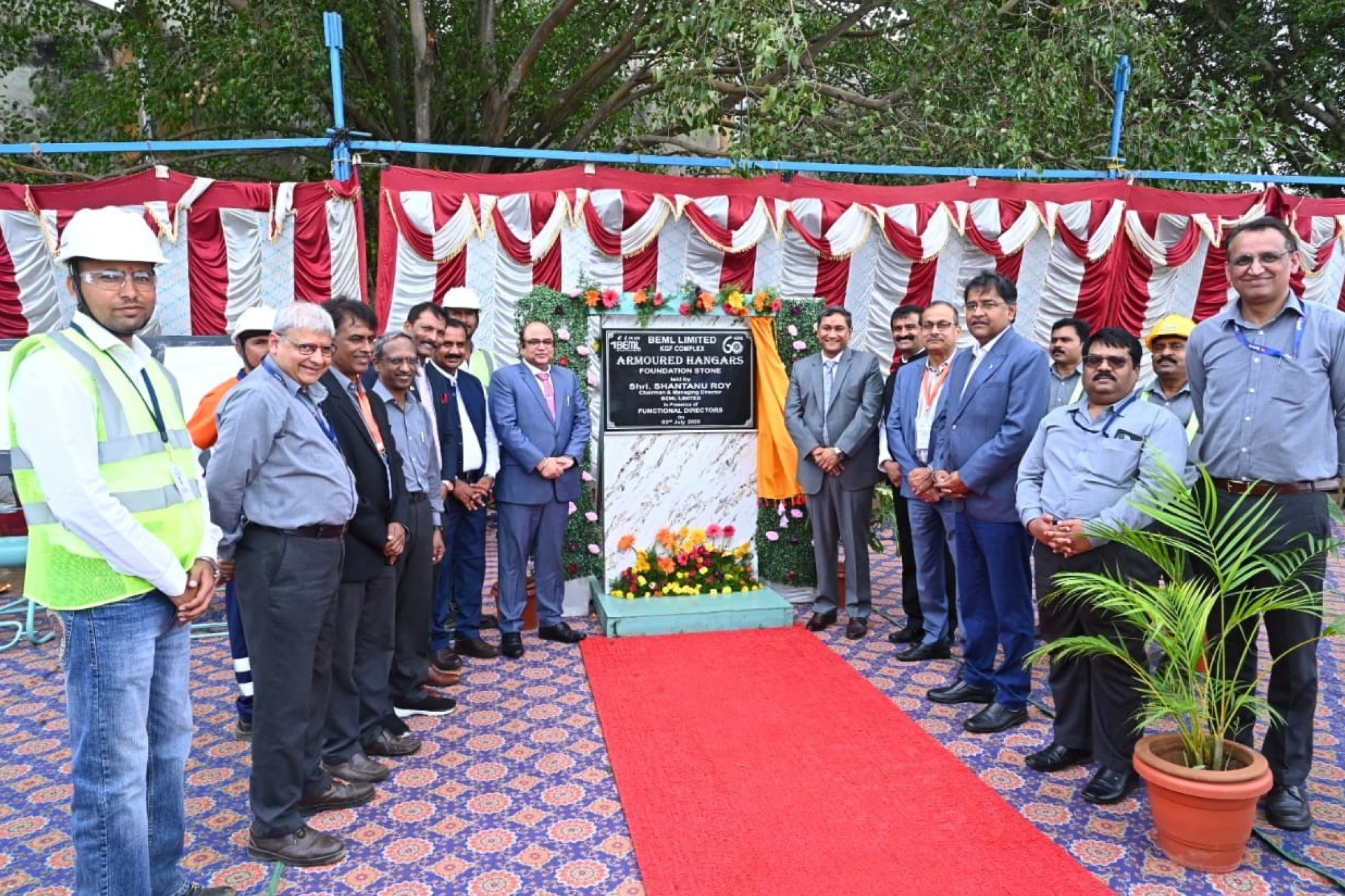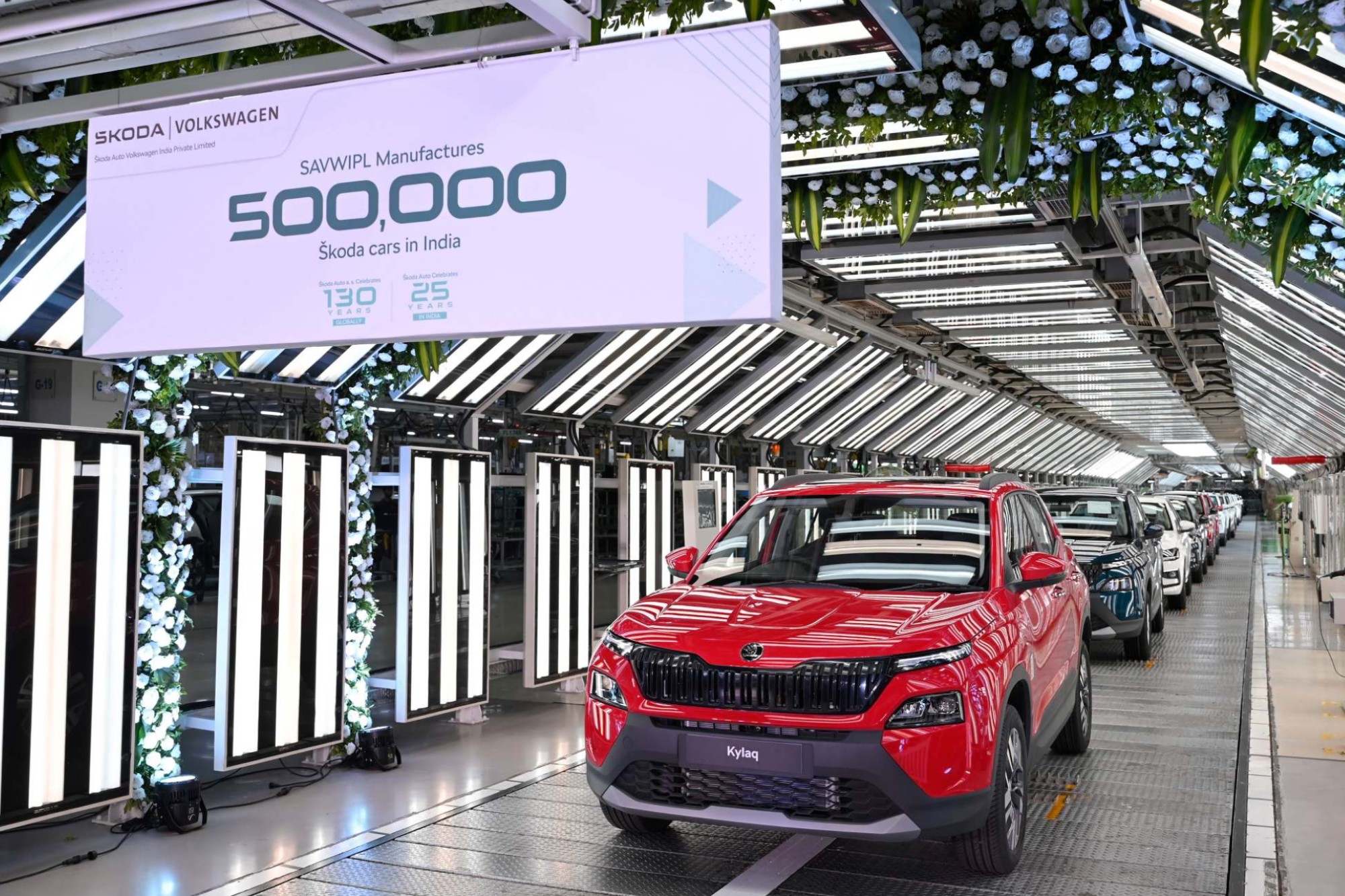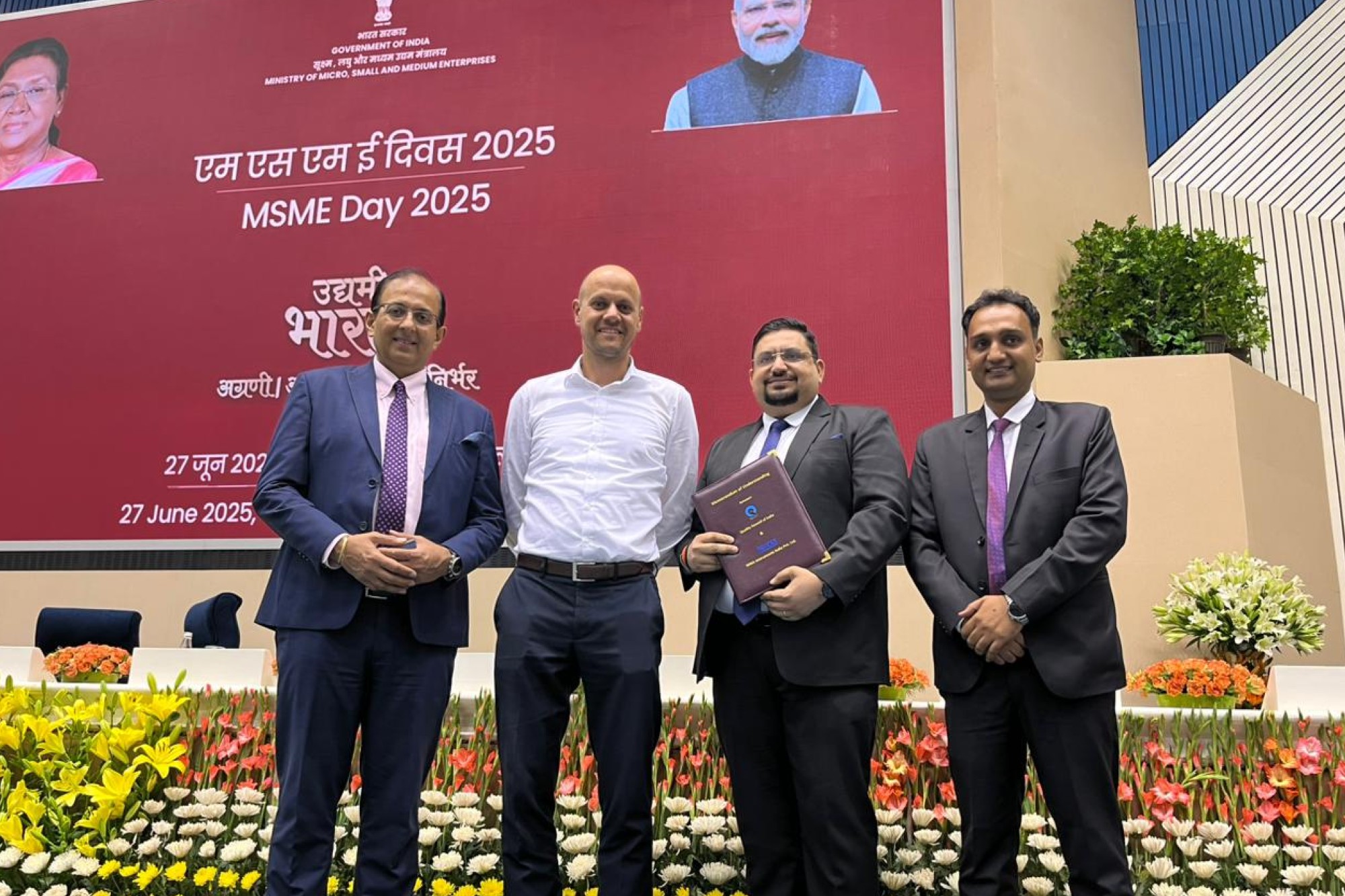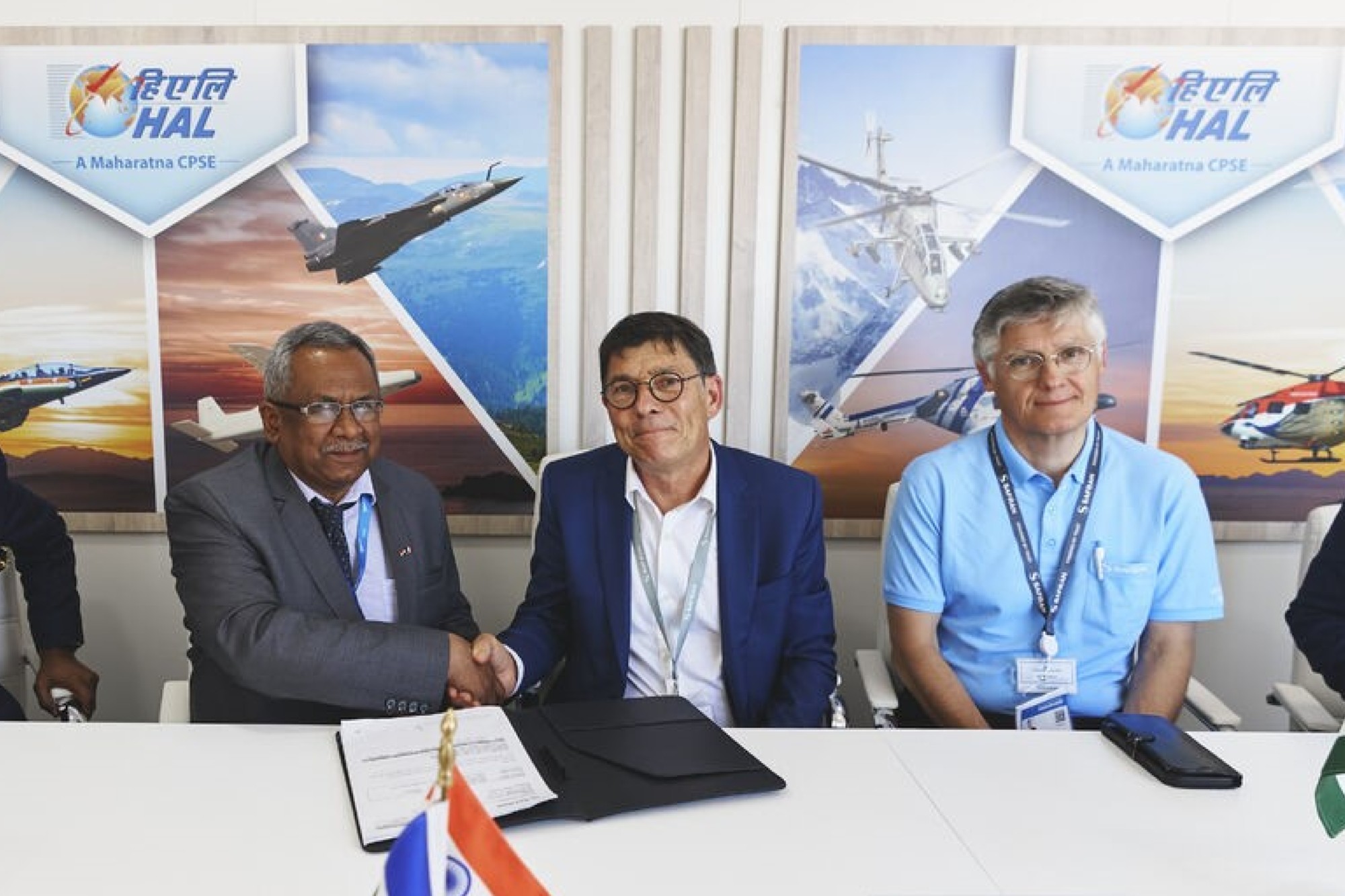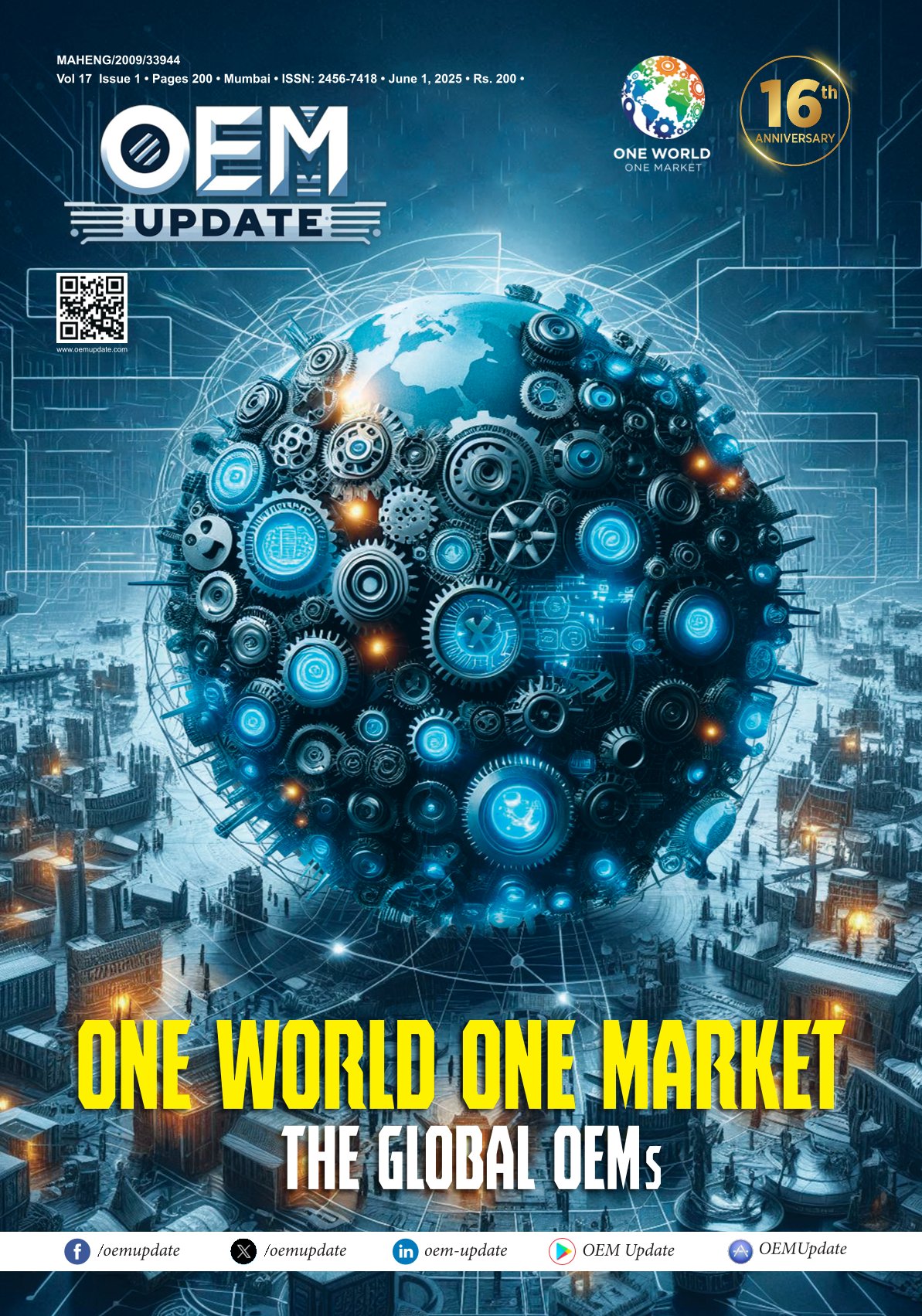Revfin, Bluwheelz and Kalyani Powertrain to retrofit N3 category trucks in India
By OEM Update Editorial June 5, 2024 3:16 pm IST
The collaboration for Mid-mile Logistics aims for 100 percent conversion of the fleet of trucks in this category over the next 5 years with support from government schemes & policies and in partnerships with OEMs and fleet operators.
Revfin, India’s pioneering digital lending platform that promotes sustainable mobility, disclosed a collaboration with Kalyani Powertrain Ltd (KPTL), Bharat Forge Ltd’s electric mobility arm, and Bluwheelz, a provider of sustainable logistical solutions, to introduce retrofitted electric trucks to the Indian logistics sector. It has developed novel financing instruments to facilitate the full conversion of truck fleets over the next five years, with government aid and collaboration with OEMs and fleet operators. This effort supports Revfin’s objective to transform the EV ecosystem and promote sustainable mobility.
KPTL has successfully homologated converted electric trucks with GVWs ranging from 10 to 16T for the N3 Goods Carrier market. These trucks are intended to sustainably service a variety of industries, including FMCG, e-commerce, cement, steel, and perishable items, increasing the availability of ‘Made in India’ solutions in the global automotive industry.
Retrofitting of EVs is crucial in the evolution of urban transport, significantly contributing to sustainable and smart cities. As global efforts to combat climate change and reduce vehicular emissions intensify, retrofitting offers a practical step towards a fully electric future as it helps extend the lifespan of old vehicles by up to 5 to 7 years and helps them in avoiding scrappage as endowed by regulations.
However, faster acceleration and adoption of retrofitted EVs and EVs in general would be achievable only if lower-cost funding is made available by different financial and climate-focused organisations in India and throughout the world. Furthermore, supporting programmes and incentives for obtaining carbon credits can dramatically lower financing costs, allowing for more widespread EV adoption.
Sameer Aggarwal, CEO and Founder, Revfin, said“We are dedicated to revolutionizing sustainable mobility and strengthening the EV ecosystem. Retrofitting is key to achieving decarbonization and net-zero goals worldwide, making EV adoption more accessible while fostering a greener future. It extends vehicle lifespan, integrates recycling principles, and reduces operating costs. By financing retrofitted vehicles, Revfin supports broader sustainability goals. However, we advocate for regulations that simplify retrofitting processes and extend the vehicle registration period beyond 15 years. Deep research on battery life extension will also help this sector. The scope of retrofitting isn’t limited to fleets but extends to school buses, chartered buses, travel, tourism, and beyond.”CP Sethi, CEO and Co-founder, Bluwheelz, said, “This marks the launch of India’s first medium-duty retrofitted electric trucks for the mid-mile logistics segment in India. These trucks are capable of carrying a payload ranging between 7-10T and are designed to operate on intercity routes. We are deploying these trucks to serve a wide clientele base across various sectors to ensure fulfilling their green and clean mobility goals. We appreciate both Revfin and KPTL for their invaluable support in making this journey possible towards achieving sustainability in the logistics sector,”
Amit Kalyani, the Vice-Chairman & Joint Managing Director, Bharat Forge Ltd, said, “KPTL is dedicated to developing sustainable transportation infrastructure. The company is committed to innovation and sustainability in addressing the needs of heavy electric vehicles in India. By introducing ground-breaking EV products and promoting retrofitted vehicles, we aim to make these vehicles the preferred choice for customers as these trucks can result in a 24 percent reduction in the Total Cost of Ownership (TCO) as compared to new electric models,”
While the shift from internal combustion engine-powered automobiles to electric vehicles is currently challenging, a concerted effort incorporating government efforts, business collaboration, and public participation can assist overcome these obstacles. They may work together to create a more sustainable future and lead the drive towards a cleaner, greener planet.
Cookie Consent
We use cookies to personalize your experience. By continuing to visit this website you agree to our Terms & Conditions, Privacy Policy and Cookie Policy.



